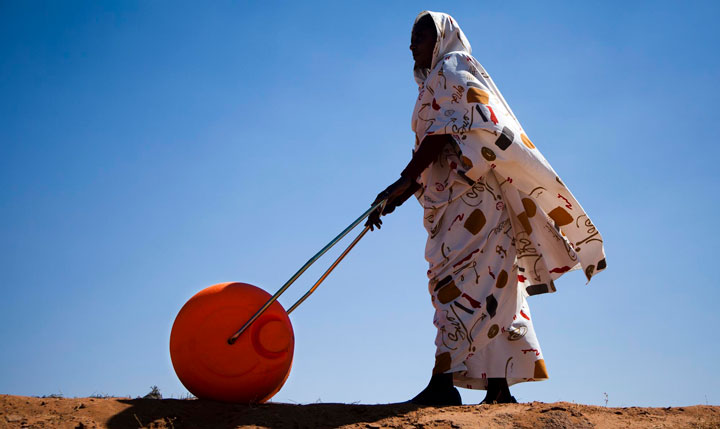LDE minor Frugal Innovation for Sustainable Futures

Please note: this minor will not be offered in academic year 2026-2027. As an alternative, you might be interested in taking the minor African Dynamics.
Creating a sustainable future requires balancing human well-being with the Earth's ecological limits - a challenge with no one-size-fits-all solution. In this Leiden-Delft-Erasmus (LDE) Minor in Frugal Innovation, you will explore how innovative yet resource-conscious solutions can help meet human needs sustainably. This multidisciplinary programme combines insights from technology (design & engineering), entrepreneurship & business, and human progress & sustainability.
Frugal Innovation has emerged as an innovative approach that provides simple, affordable solutions to everyday challenges and structural problems. By utilising fewer resources, it aims to deliver functionality and effectiveness comparable to mainstream alternatives.
Programme Structure
Block 1: Gain theoretical knowledge by exploring diverse perspectives on frugality and frugal innovation.
Block 2: Apply your knowledge through a 10-week real-life frugal innovation challenge. Working in small multidisciplinary teams, you'll collaborate on projects either in the Netherlands or abroad.
This minor requires full-time study from September 2025 until the last week of January in 2026. Previous student experiences show that combining this minor with other studies or exam retakes is challenging. The programme follows a set schedule, including a field assignment, requiring full participation either in the Netherlands or abroad.
Practical Details
Travel opportunities will depend on health and safety guidelines of Leiden University. Students are generally responsible for their own travel, accommodation, and living expenses unless funding is provided by assignment sponsors. Estimated costs for international stays typically range between €2,500 and €3,500, depending on the destination and local context.
More information about the minor can be found on the Leiden University e-prospectus and International Centre for Frugal Innovation website.
 Register via EduXchange before 30 June 2025 alongside an up-to-date CV to minorfrugalinnovation@asc.leidenuniv.nl and a completed Background and Commitment Form.
Register via EduXchange before 30 June 2025 alongside an up-to-date CV to minorfrugalinnovation@asc.leidenuniv.nl and a completed Background and Commitment Form.
Contact: minorfrugalinnovation@asc.leidenuniv.nl
Photo: 'Water Roller' is a device for carrying water more easily and efficiently than traditional methods. Photo (cropped) by Albert Gonzalez Farran / UNAMID CC BY-NC-ND 2.0 via Flickr.

